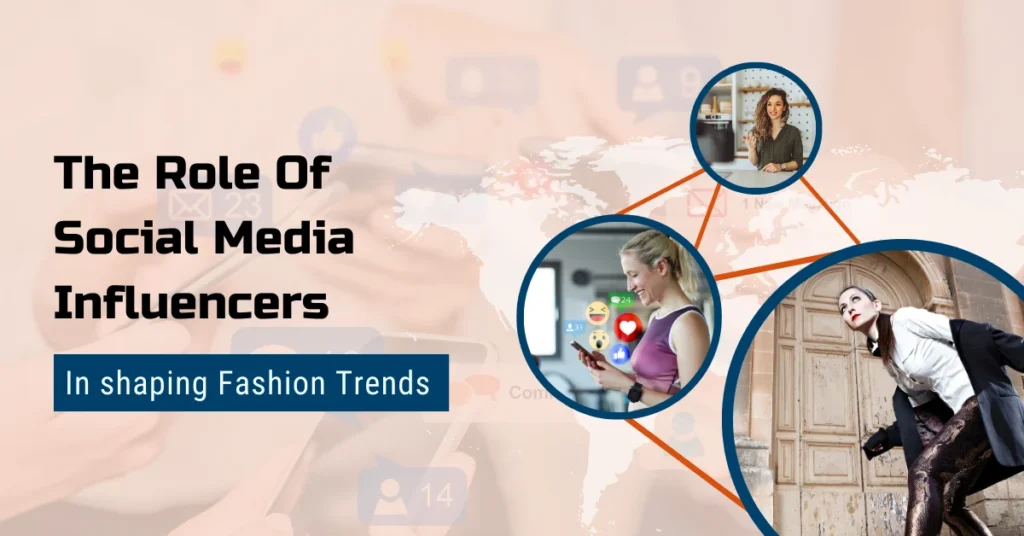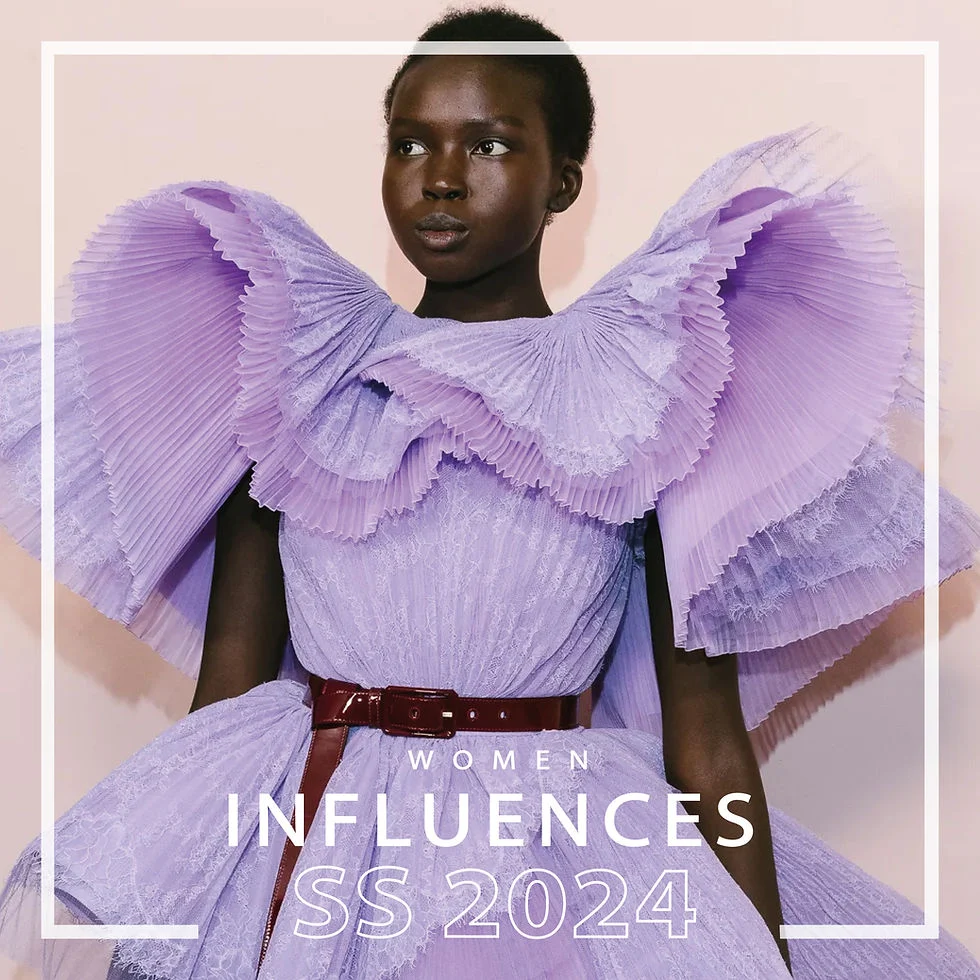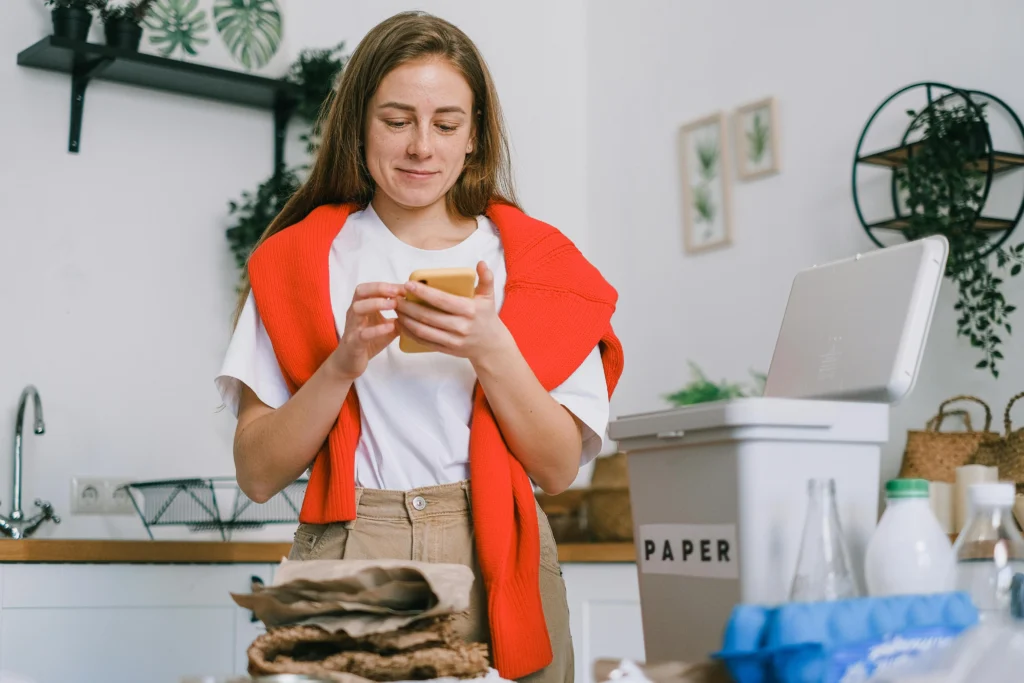Social media influencers play a significant role in shaping fashion trends. With their large and engaged followings, influencers have the power to introduce new styles, promote specific brands, and ultimately influence consumer purchasing decisions. By sharing their personal style and fashion choices, influencers can set trends and create a ripple effect throughout the fashion industry. Their impact on fashion trends is undeniable, as they have the ability to reach a wide audience and shape public perception of what is stylish and fashionable. As a result, many brands collaborate with influencers to leverage their influence and reach a larger market.
The impact of social media influencers on fashion trends is undeniable. These individuals have the ability to sway consumer preferences, introduce new styles, and promote specific brands. Their large and engaged followings give them the power to shape public perception of fashion and influence purchasing decisions. As a result, many brands seek to collaborate with influencers to leverage their influence and reach a larger market.
The Rise of Social Media Influencers
Social media influencers have become a dominant force in shaping fashion trends in recent years. These individuals have amassed large followings on platforms such as Instagram, YouTube, and TikTok, and have the ability to sway their audience’s purchasing decisions. With their carefully curated content and engaging personalities, social media influencers have become key players in the fashion industry.
Many fashion brands now collaborate with influencers to promote their products, as they recognize the power and reach these individuals have. Influencers are often seen attending fashion shows, posting sponsored content, and even designing their own clothing lines. Their ability to connect with their followers on a personal level gives them a significant advantage in influencing fashion trends.
The Impact of Social Media on Fashion Trends
Social media has revolutionized the way fashion trends are spread and adopted. In the past, trends were primarily dictated by fashion magazines and runway shows. However, with the rise of social media, anyone with a smartphone can now become a trendsetter. Platforms like Instagram allow users to share their personal style and discover new trends, making fashion more accessible and democratic.
Additionally, social media has accelerated the speed at which trends emerge and evolve. What used to take months to trickle down from the runway to the mainstream now happens almost instantaneously. This rapid dissemination of trends is largely thanks to the influence of social media influencers, who can introduce a new style to their followers and have it spread like wildfire across the platform.
The Authenticity of Social Media Influencers
One of the reasons social media influencers have such a significant impact on fashion trends is their perceived authenticity. Unlike traditional celebrities, influencers often present themselves as relatable and down-to-earth, which resonates with their audience. When they endorse a fashion trend or product, their followers are more likely to trust their judgment and follow suit.
Furthermore, influencers are known for showcasing a diverse range of styles and body types, which promotes inclusivity in fashion. This representation of real people wearing and enjoying fashion trends has a powerful influence on shaping the industry and challenging traditional beauty standards.
The Role of Collaboration Between Influencers and Fashion Brands
Collaborations between social media influencers and fashion brands have become increasingly common and impactful. These partnerships often result in limited-edition collections or exclusive product launches, which generate a great deal of buzz and excitement among followers. By leveraging the influencer’s personal brand and aesthetic, fashion brands can reach new audiences and create a sense of urgency and exclusivity around their products.
Additionally, these collaborations blur the lines between traditional advertising and authentic content, as influencers seamlessly integrate sponsored products into their everyday posts. This approach feels more organic and genuine to their followers, leading to higher engagement and conversion rates for the brands involved.
The Power of Visual Storytelling in Shaping Fashion Trends
Social media influencers are adept at using visual storytelling to shape fashion trends. Through high-quality photography, creative styling, and compelling captions, they are able to create an aspirational lifestyle around the trends they promote. This immersive approach allows their followers to envision themselves embracing the same style, ultimately influencing their purchasing decisions.
Moreover, social media platforms offer various interactive features, such as live videos and behind-the-scenes content, which give followers an intimate look into the influencer’s fashion choices and daily life. This level of access and transparency builds a strong connection between the influencer and their audience, making their fashion recommendations even more influential.
The Role of Data and Analytics in Influencer Marketing
Data and analytics play a crucial role in influencer marketing and shaping fashion trends. Brands utilize these tools to identify the most effective influencers for their target audience, track the performance of sponsored content, and measure the impact of collaborations. This data-driven approach allows brands to make informed decisions and optimize their influencer partnerships for maximum results.
Similarly, influencers also rely on data and analytics to understand their audience demographics, engagement metrics, and the performance of their content. By leveraging this information, they can tailor their fashion recommendations and create content that resonates with their followers, further solidifying their influence in shaping fashion trends.
The Evolution of Fashion Consumption through Influencer Culture
The rise of social media influencers has significantly transformed the way consumers discover, engage with, and purchase fashion. With the ability to directly link to products and provide discount codes, influencers have turned their platforms into shoppable destinations. This seamless integration of content and commerce has accelerated the consumer’s path to purchase and has reshaped the traditional retail model.
Moreover, the influence of social media has led to an increase in consumer demand for transparency and sustainability within the fashion industry. Influencers often advocate for ethical and eco-friendly fashion practices, prompting their followers to make more conscious purchasing decisions. As a result, fashion brands are adapting their strategies to align with these evolving consumer values, further illustrating the transformative power of influencer culture.
The Future of Social Media Influencers in Shaping Fashion Trends
As social media continues to evolve, so too will the role of influencers in shaping fashion trends. The landscape of influencer marketing is likely to become more regulated and transparent, with an emphasis on authenticity and genuine connections. Additionally, the ongoing diversification of platforms and the rise of new formats, such as short-form video content, will present new opportunities for influencers to captivate and influence their audience.
Furthermore, the global reach of social media means that influencers from different regions and cultures will have a growing impact on fashion trends, leading to greater diversity and inclusivity within the industry. Overall, the future of social media influencers in shaping fashion trends holds endless possibilities for innovation and creativity in the ever-evolving world of fashion.
| Pros | Cons |
|---|---|
| 1. Social media influencers can reach a large audience and have the power to introduce new fashion trends. | 1. Some influencers may promote unsustainable or unethical fashion practices. |
| 2. They can provide diverse representation in the fashion industry, promoting body positivity and inclusivity. | 2. Influencers may create a sense of pressure to constantly buy new clothes to keep up with trends. |
| 3. Influencers can collaborate with brands to create unique and innovative fashion collections. | 3. The constant exposure to influencers’ curated lifestyles can lead to unrealistic expectations. |
Social media influencers play a significant role in shaping fashion trends by introducing new styles to a wide audience, promoting diversity and inclusivity, and collaborating with brands to create innovative collections. However, their influence can also have negative effects, such as promoting unsustainable practices and creating unrealistic expectations.



